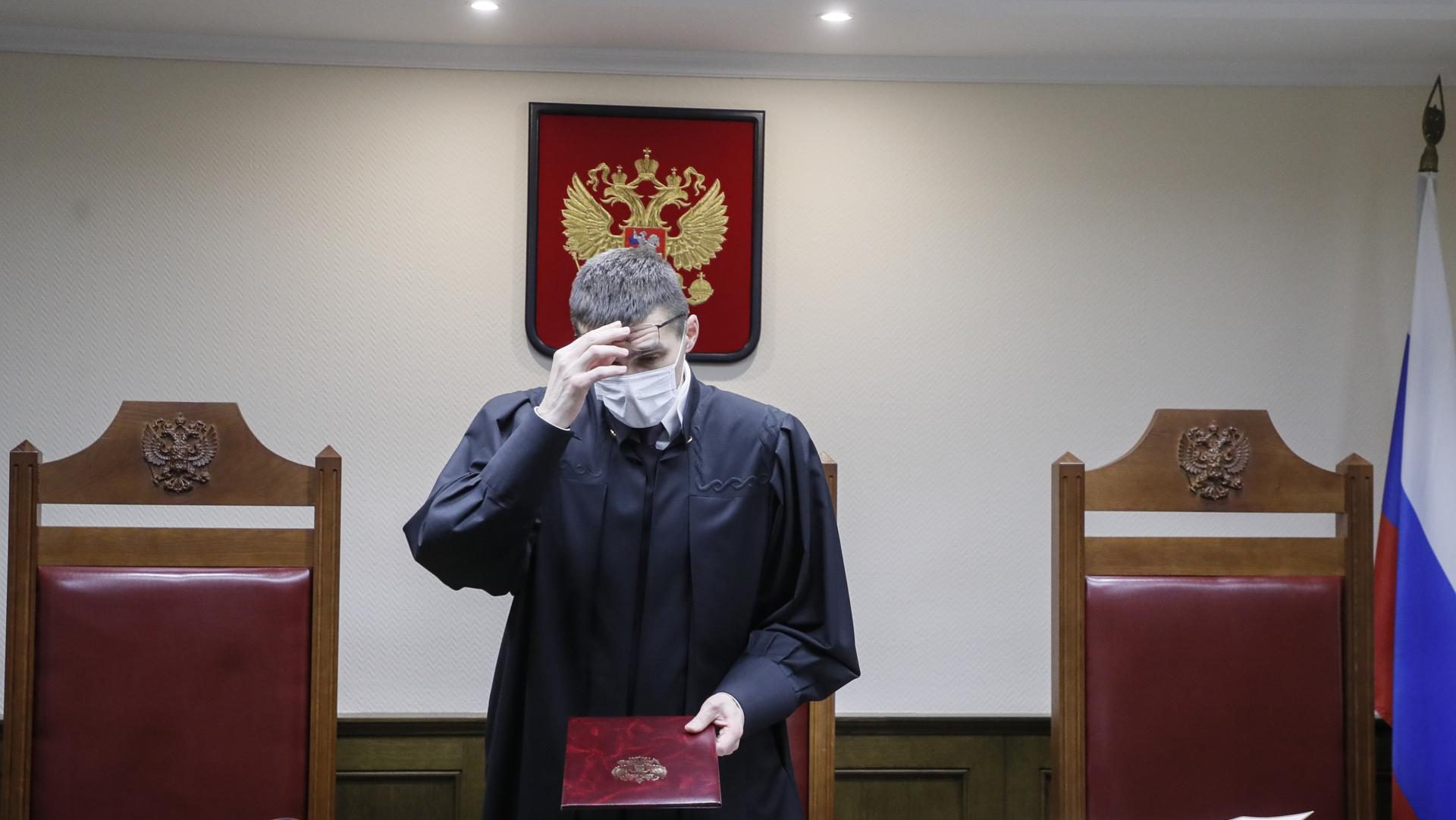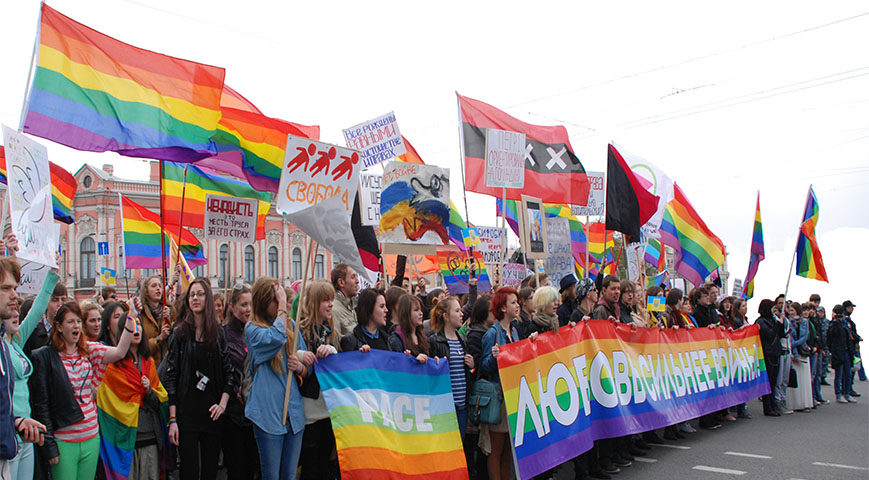Russia's Supreme Court ruled on Thursday that LGBT activists should be labeled as extremists, a move that homosexual and transgender advocates fear may result in arrests and prosecutions.
A Reuters reporter in court overheard it say that it had authorized a plea from the justice ministry to label "the international LGBT social movement" as extreme and prohibit its operations.

The action is part of a trend in Russia of growing restrictions on manifestations of sexual orientation and gender identity, including legislation prohibiting the marketing of "non-traditional" sexual relationships and prohibiting legal or medical gender modifications.
Did you read this?
President Vladimir Putin, who is set to announce his candidature for a new six-year term in March, has long pushed to portray Russia as a defender of ancient moral values in contrast to a decadent West.
In a speech last year, he stated that while the West was free to adopt "rather strange, in my opinion, new-fangled trends like dozens of genders and gay parades," it had no right to impose them on other countries.

Before the court ruling was released, Putin's spokesperson, Dmitry Peskov, told reporters that the Kremlin was "not following" the issue and had no comment.
After convening at 10 a.m. (0700 GMT), the Supreme Court took around five hours to decide. The media was not allowed in during the proceedings, but reporters were allowed to hear the final decision.
LGBT activists saw the decision as unavoidable following the justice ministry's Nov. 17 request, which stated - without elaborating - that "various signs and manifestations of extremist orientation, including the incitement of social and religious discord" had been identified in the activities of Russia's LGBT movement.

"Of course, it's very alarming, and I don't remember the threat ever being so serious and real," Alexei Sergeyev, an LGBT activist in St. Petersburg, told Reuters TV earlier this month.
More than 100 organizations have already been designated as "extremist" in Russia. Previous listings, like those for the Jehovah's Witnesses religious sect and organizations associated with opposition politician Alexei Navalny, have functioned as a precursor to arrests.
Sergeyev predicted that activities such as psychiatric and legal support, as well as "meetings where you can just sit and drink tea," would be driven underground, depriving many LGBT individuals of assistance.
"They will either commit suicide or simply be in some terrible state - their life will be shortened and their health will deteriorate, they will drink and smoke more, and so on, somehow trying to escape from this reality."









